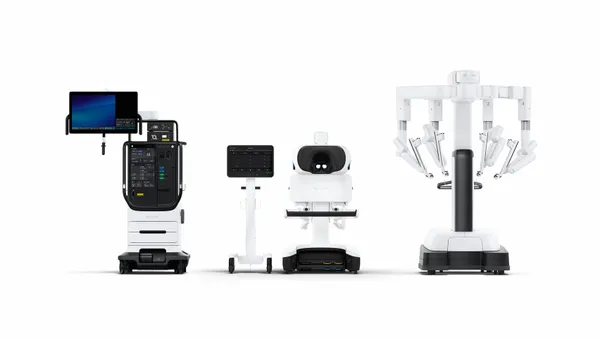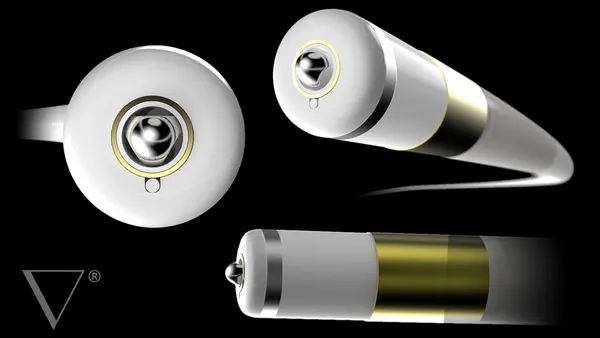Dive Brief:
-
FDA has warned healthcare professionals that Getinge's intra-aortic balloon pump (IABP) devices may shut down while running on battery power, leading to serious injury or death.
-
The battery-powered system is used to support the left ventricle in critically-ill patients while they are being moved between locations.
-
Over the past two years, FDA has received 75 reports of the devices shutting down, including notifications that describe three patient deaths.
Dive Insight:
Getinge's Maquet subsidiary designed its Cardiosave line of IABPs to provide hemodynamic support to patients, regardless of whether they are stationary or being transported. Models in the line have features intended to keep patients alive in ambulances and helicopters, and provide continuous power through the ability to swap batteries without stopping the IABP.
However, the products have been dogged by problems. This week, FDA told healthcare professionals that it has received reports of multiple products in the Cardiosave range shutting down while running on battery. In at least six of the 75 reports, the device did not sound an alarm before shutting down.
The vulnerable state of patients who require hemodynamic support and the importance of IABPs to their health means these shutdowns may have serious consequences. FDA is unable to establish a causal link between the shutdowns and the three deaths but is concerned enough to raise the issue with healthcare professionals. The agency also has reports of patients needing resuscitation.
In some cases, the shutdown occurred as soon as the device is disconnected from main power. Other shutdowns happened after the device had been running on battery power for a period of time. FDA does not know why the shutdowns are happening.
The agency said it is "concerned about the device shutdown events" but recognizes that the "systems may be the best option for circulatory support for some patients." As such, FDA is providing advice to cut the risks posed by the devices while it works with the manufacturer to understand the problem. The advice centers on keeping the device plugged into an AC outlet as much as possible.
FDA published the letter about the power problem alongside details of a Class I recall related to a separate fault that affects two Cardiosave products, Hybrid and Rescue. The autofill function of these devices can malfunction or fail at altitudes above 3,200 feet, putting the patient in danger. Getinge aims to patch its software in February. Until then, there will be altitude restrictions on 2,876 devices.
The back-to-back safety notifications add to a string of warnings relating to the Cardiosave line. In June, Getinge initiated as Class I recall following reports of a design flaw that allowed fluid to seep into IABPs, corrode the internal components and cause the devices to suddenly stop working.
Getinge also issued urgent notices about the safety of its IABP devices in June and July 2017. Both the notices ultimately led to Class I recalls. Getinge issued another warning about the devices late in 2016.
In recent years, Getinge, through its Maquet-Datascope unit, has received far more 510(k) clearances for IABP devices than all other companies combined, but it is not the only business in the sector. Last year, FDA cleared the use of another system from Arrow International.











